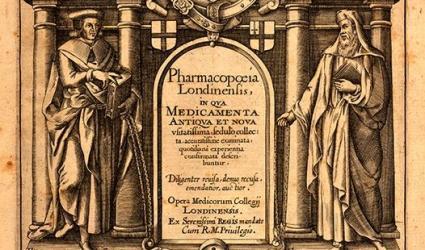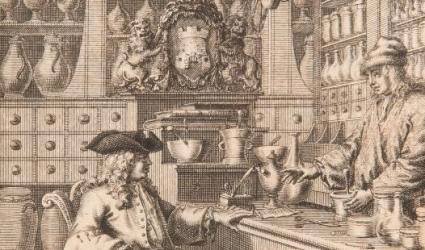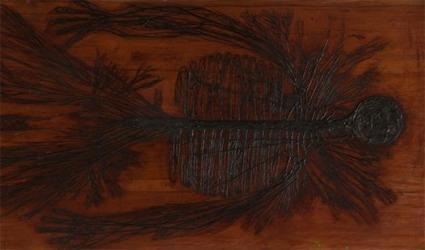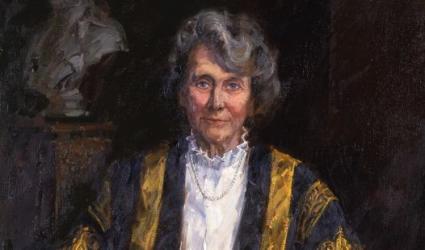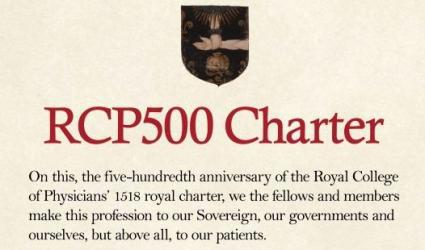The RCP's core mission is to drive improvements in health and healthcare through advocacy, education and research.
We are an independent patient centred and clinically led organisation, that drives improvement in the diagnosis of disease, the care of individual patients and the health of the whole population both in the UK and across the globe.
Our role in shaping health policy
We draw on our members' knowledge and expertise to develop evidence-based policy in key areas of healthcare. We champion medical professionalism and leadership, promote person-centred care and drive improvements in clinical practice.
We work with government, politicians and other policy makers, royal colleges and other sector organisations to embed quality improvement in healthcare.
Policy and campaigns
Our role in healthcare
We improve patient services directly in hospitals by setting standards in key areas of care, and measuring that care through our clinical audits and accreditation schemes. We also run quality improvement and patient safety initiatives in a variety of clinical areas.
Improving care
Our role globally
The RCP has a truly global network, with our members based in over 80 countries worldwide. Our work spans high-, middle- and low-income countries, ranging from accreditation work and guideline development in the Middle East to clinical skills workshops in rural Nigeria.
We develop and coordinate globally-recognised exams, and deliver a wide range of projects aimed at strengthening health systems and improving medical standards across the globe.
Our global work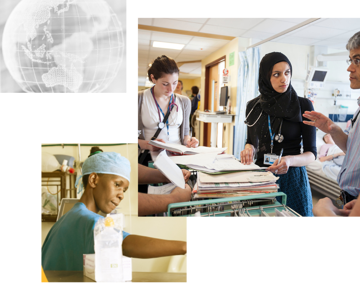
Our vision and strategy
The RCP is a patient-centred and clinically led organisation whose core mission is to improve patient care and reduce illness.
Our vision is for everyone to have the best possible health and healthcare. As the leading body for physicians in the UK and internationally, we work to achieve this by:
- influencing the way that healthcare is designed and delivered
- promoting good health and leading the prevention of ill health across communities
- supporting physicians to fulfil their potential.

We value taking care
This means we behave respectfully towards people, whatever their role, position, gender or background. It means we act as representatives of the RCP, and take decisions in the interests of the organisation as a whole.

We value learning
This means we continuously improve through active learning and honest reflection, so that we grow personally and as an organisation, while striving for excellence. We support learning and development opportunities.

We value being collaborative
This means we work together towards the RCP’s vision in a collaborative and professional way, understanding that individuals bring different strengths and approaches to our work. We value diversity and each other’s contributions.
Our 2022-24 strategy was produced following consultation with the RCP’s membership and its many stakeholders. Its success will rely upon continued engagement with them as well as upon a commitment to diversity and inclusion, good governance and sustainability from throughout the organisation.
Read our 2022-24 strategyOur history
Discover the story of the RCP and its role in the development of medical practice over five centuries.
Founded in 1518 by a Royal Charter from King Henry VIII, the Royal College of Physicians of London is the oldest medical college in England, often playing a pivotal role in raising standards and shaping public health.






